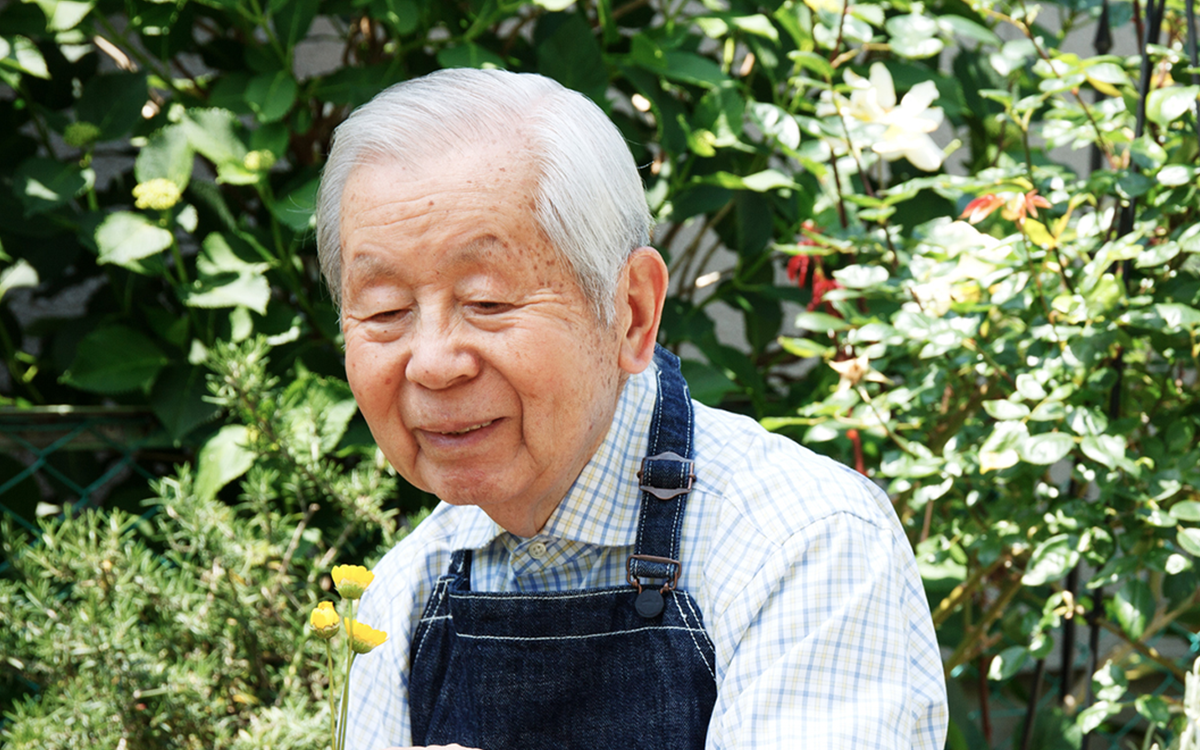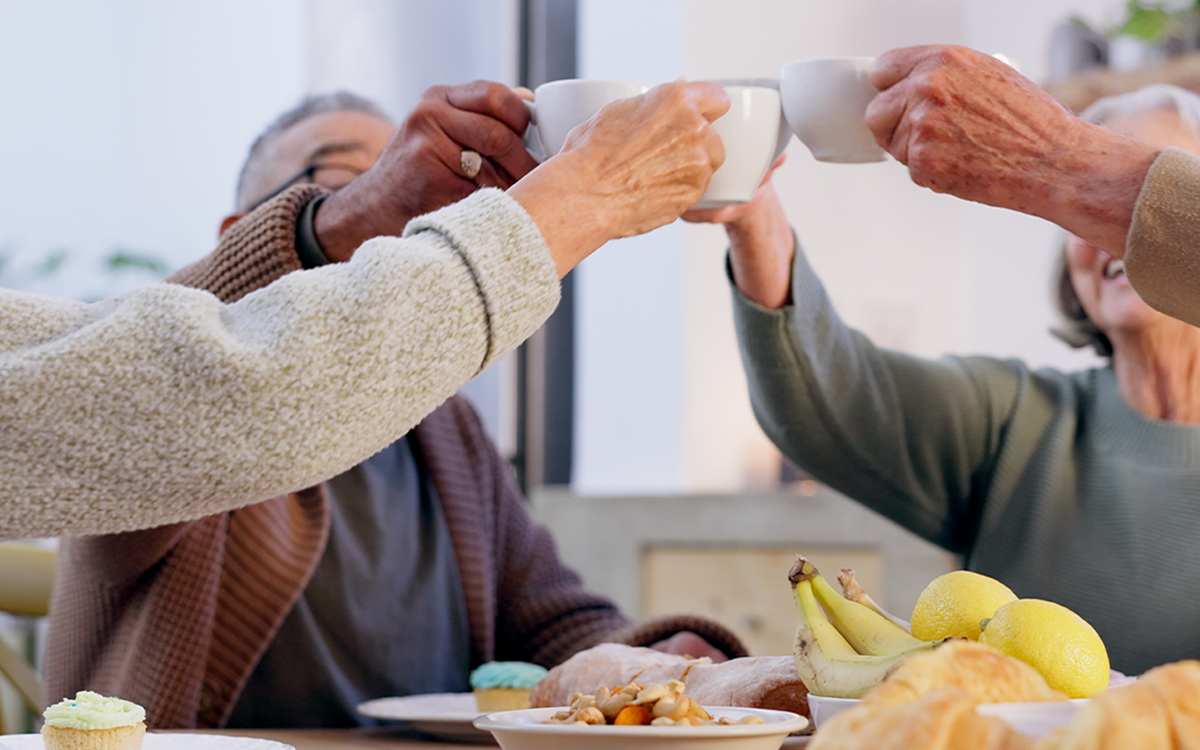Caring for a loved one can be one of life’s most rewarding experiences, but it also comes with its own set of challenges. Family caregivers often find themselves in the position of providing support, love, and assistance to a family member in need.
While this role can be deeply fulfilling, it can also be emotionally taxing. One of the key challenges faced by family caregivers is compassion fatigue.
What is compassion fatigue, and why is it relevant to family caregivers?
Compassion fatigue is a term used to describe the emotional and physical exhaustion that caregivers, including family members, may experience when caring for a loved one who is suffering from a chronic illness or facing significant challenges.
It arises from the constant empathy and care that caregivers provide to their loved ones, which can lead to a depletion of their own emotional and physical resources.
Recognizing the Signs
How can family caregivers recognize if they are experiencing compassion fatigue?
Recognizing the signs of compassion fatigue is crucial for family caregivers to address it effectively. Some common signs include:
Increased Irritability: Caregivers may find themselves becoming more easily frustrated or agitated.
Chronic Fatigue: Feeling physically and emotionally drained, even after a full night’s sleep.
Loss of Interest: A decrease in interest in activities once enjoyed.
Isolation: Withdrawing from friends and family, as caregiving responsibilities take precedence.
Difficulty Sleeping: Insomnia or restless sleep patterns due to worry or stress.
Why Family Caregivers are Vulnerable
What makes family caregivers particularly vulnerable to compassion fatigue?
Family caregivers are often at a higher risk of compassion fatigue because of their deep emotional involvement and the extended duration of their caregiving responsibilities.
They may also lack formal training in caregiving techniques, making it challenging to manage the physical and emotional demands effectively.
Coping Strategies
What can family caregivers do to cope with compassion fatigue?
Self-Care: Prioritize self-care by taking breaks, getting enough sleep, and maintaining a healthy diet.
Seek Support: Don’t hesitate to reach out to friends, family, or support groups for emotional support and advice.
Set Boundaries: Establish clear boundaries between your caregiving role and personal life. It’s essential to take time for yourself.
Professional Help: Consider seeking counseling or therapy to help process your emotions and develop coping strategies.
Respite Care: Arrange for respite care to take short breaks from caregiving responsibilities.
Preventing Compassion Fatigue
How can family caregivers prevent compassion fatigue from occurring in the first place?
While it may not be entirely preventable, there are steps caregivers can take to reduce the risk of compassion fatigue:
Education: Learn about the condition or illness your loved one is facing to better understand what to expect and how to provide care effectively.
Delegate Tasks: Don’t hesitate to ask for help from other family members or friends. You don’t have to do it all on your own.
Maintain Hobbies: Continue engaging in hobbies and activities you enjoy to maintain a sense of identity outside of caregiving.
Regular Check-Ins: Stay in touch with your own healthcare providers to address any physical or emotional issues promptly.
The Importance of Self-Compassion
Why is self-compassion essential for family caregivers?
Self-compassion is the practice of treating oneself with the same kindness and understanding as one would offer to others. It’s a vital aspect of caregiving because it helps caregivers manage the emotional toll of their responsibilities without succumbing to compassion fatigue.
By being gentle with themselves and acknowledging their limits, family caregivers can sustain their well-being while caring for their loved ones effectively.
By recognizing the signs, implementing coping strategies, and practicing self-compassion, family caregivers can navigate the emotional challenges of caregiving with resilience and continue to provide the love and support their loved ones need and deserve.
Remember, you’re not alone in this journey, and seeking help and support is a sign of strength, not weakness.




